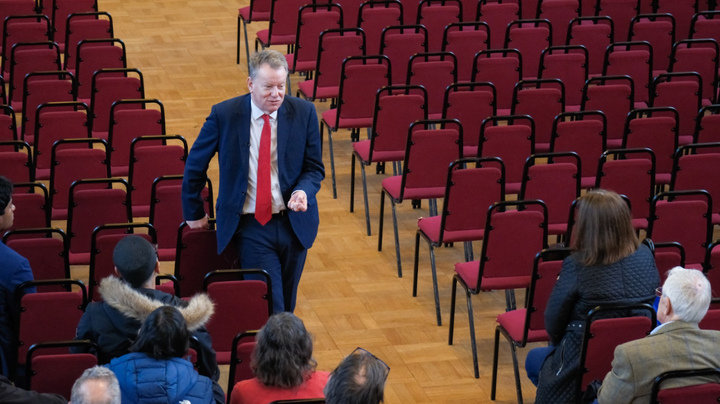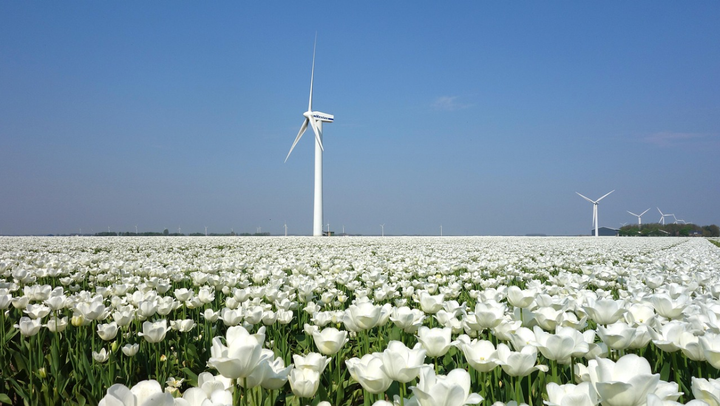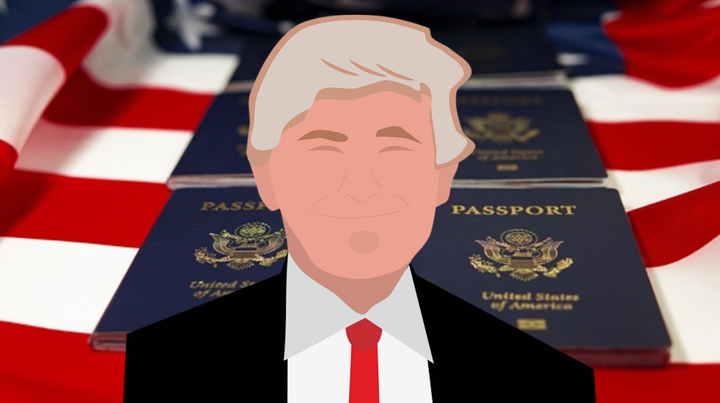Populism, Power, and Paradox: The Trump Phenomenon

Aditi Prashanth
Each country celebrates the New Year uniquely: London dazzles us with fireworks over the London Eye, the Greeks hang onions, and the Danes smash plates. But the USA? It began the New Year with a spectacle like no other - his name is Donald Trump.
Now, before we discuss Trump’s current actions, let us review his tumultuous first term in office, marked by controversy and a series of divisive decisions. From the ‘Muslim’ Travel Ban and replacing NAFTA with the USMCA - although, arguably, this brought mutual benefits to North American workers, ranchers and businesses - to his most prominent financial deregulation in the Tax Cuts and Jobs Act, Trump’s policies proved to be as divisive as they were impactful, solidifying his legacy as a transformative yet controversial force in American politics. Seemingly, there’s no shortage of terms to describe Trump’s presidency, but I think it's clear to say that 'inconspicuous' is certainly not of them.
Moving swiftly back into the present, I believe that truly understanding Trump’s 2025 victory requires more than simply analysing his policies; instead, we must examine the movement that fuelled his rise to power: Make America Great Again (MAGA) - an ideology that has evolved into the defining heartbeat of modern American conservatism. Moreover, perhaps the question we must ask ourselves isn’t just how Trump won, but how a slogan (MAGA), once dismissed by critics as empty rhetoric, has catalysed a historic revival of Republican support.
While Democrats and the global economy are left wondering 'how did he do it?', a more pressing question may be whether MAGA is truly a transformative force, or simply a reflection of America’s deepening divides? More importantly for the Republicans: could Donald Trump be the unifying figure the party hasn’t seen since Ronald Reagan’s historic 1984 landslide (where he won 49 out of 50 states)?
To address these questions, let us begin by acknowledging that Trump’s appeal stems not only from his conservative policy agenda but also from his remarkable ability to create an emotional connection with the electorate. To his supporters, Trump is more than just a politician - he acts as a political emblem, an embodiment of the electorate’s own struggles and frustrations, a reflection of their increasingly polarised ideologies, and a voice willing to challenge the same ‘rigged system’ they feel oppressed by. When coupled with the January 6th riots, Trump has become a symbol of defiance - a leader who not only acts as a vehicle for MAGA-aligned political change but, more importantly for these voters, a visionary who validates their fears of an increasingly overbearing government and echoes their calls for action.
Moreover, Trump’s enduring influence is rooted in his ability to appeal to a wide range of factions within the Republican Party. Libertarian conservatives see his embrace of cryptocurrency as aligning with their views on increased economic decentralisation. Traditional conservatives back his economic neo-liberalism, from tax cuts to his executive order ending remote work for federal employees; which may lead to factors like geographical immobility (being unable to physically go to work, perhaps due to distance) indubitably embedding the central element of neo-liberal conservatism, advocated by Reagan and Thatcher, into American politics: a limited federal government. Meanwhile, MAGA loyalists applaud his pardons for January 6th participants and his stance against diversity and inclusion groups in government. Henceforth, Trump has been able to position himself as a unifying force across the party’s ideological spectrum.
However, Trump’s appeal goes deeper than policy, deeper than emotional connections. Trump’s genius lies in turning his vulnerabilities into political strengths. Legal battles? He frames them as witch hunts. Impeachments? Simply proof that he’s feared by the establishment. Media criticism? He spins it as evidence that he’s the outsider fighting for the people. Each of his political moves is carefully woven, through the media ecosystem, through the broadcast networks, and slowly forming this broader narrative of ‘Trump vs. the system’ - a message that deeply resonates with the increasingly polarised modern American society. So regardless of whether you see him as a hero or a villain, one fact remains undeniable: Donald Trump has become a master of controlling the narrative, casting himself as a modern-day gladiator battling the forces of bureaucracy and globalisation. This brings us to the question of whether this really is a battle of ideologies anymore. Perhaps not, as Trump’s dominance of the political stage is as much about emotion and identity as it is about ideology.
Yet, one crucial question remains: is this political strategy truly beneficial for the US and the global economy? His unorthodox leadership, from unprecedented meetings with adversaries like North Korea to his bold claims of his ability to stop wars, continues to ignite debate, globally. So is Trump really a master negotiator, or simply a political manipulator, voted on a platform of empty promises? Regardless, his actions continue to captivate the global stage.
Overall, Trump’s presidency in 2025 seems to embody a paradoxical reality. To his supporters, he’s a symbol of hope and defiance against a perceived unjust system. To his critics, he’s a divisive populist, impeding on fundamental civil liberties, through his conservative stances on gender and abortion rights. However, one thing is clear: Trump has reshaped the political landscape. As the first convicted felon to become president, and with legal precedents like Trump v. US (2024) redefining presidential immunity, America’s future seems more uncertain than ever.
As the country enters this new chapter, it’s clear that this is no ordinary political era. Whether it marks a golden age or the regression of a global power remains to be seen, but Trump’s legacy - his influence, his movement, his controversy - will undoubtedly loom over American history for decades to come.




Comments ()